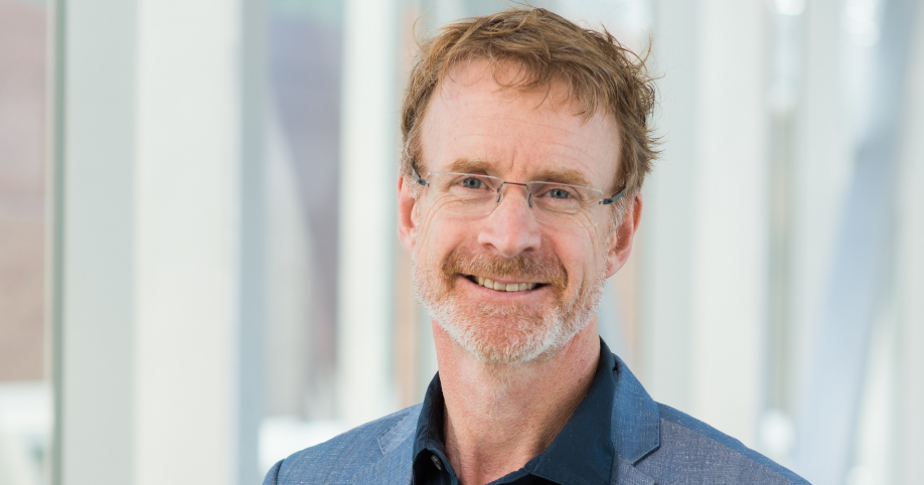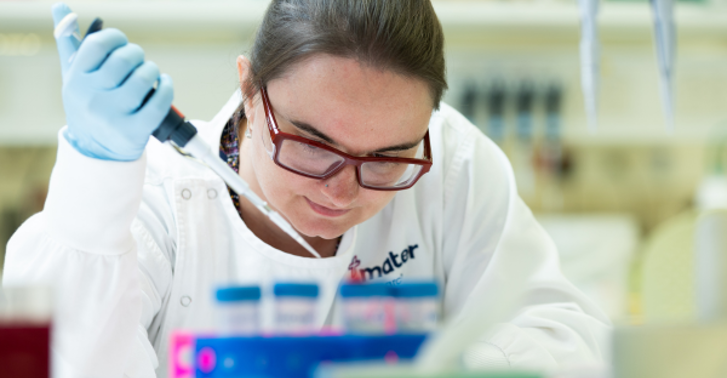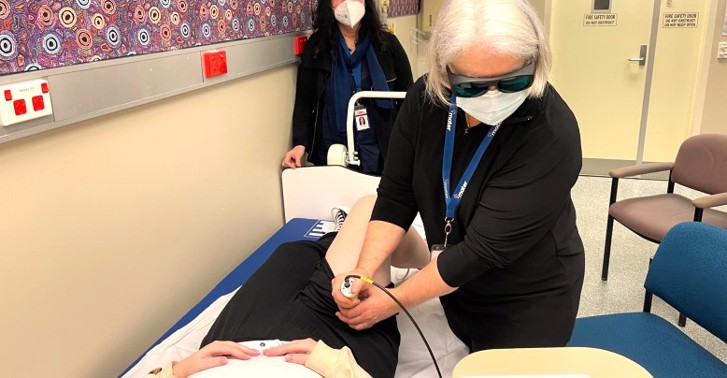
They’re young, they’re sick and they’re slipping through the cracks. That’s the message from researchers at Mater, who have revealed a hidden mental health crisis among young Australians living with chronic illness, particularly those receiving care in adult hospitals not designed for their age or needs.
The study, published in the Internal Medicine Journal, analysed the experiences of 452 adolescents and young adults (AYA) aged 15–25 attending eight specialist outpatient clinics at the Mater Young Adult Health Centre (MYAHC)—one of only two adult hospital-based services in Australasia dedicated to young people with chronic conditions.
Participants were recruited into the study between November 2013 and January 2020 from clinics treating inflammatory bowel disease, cystic fibrosis, rheumatology, phenylketonuria, cranio-maxillofacial, renal transplant, diabetes and alcohol and other drugs.
Using advanced profiling techniques, researchers grouped participants into three categories: thriving, coping and stressed, with one in five young people falling into the “stressed” category. Participants from the alcohol and other drug services reported stress levels as high as 88 per cent.
Director of the Mater Young Adult Health Centre Professor Simon Denny said that the findings should serve as a wake-up call for health systems across Australia.
“These young people are not just managing complex medical conditions, they’re navigating education, employment, relationships and identity,” Prof Denny said.
“Adult hospitals are often not equipped to meet their developmental needs. We’re failing them if we don’t address the emotional and social toll of chronic illness.”
Lead author Dr Annabel Cavanagh, an advanced trainee with Adolescent and Young Adult Medicine, said the study revealed stark differences between clinics.
“We found that while many young people are doing well, a significant number are struggling, not just with their illness, but with the disruption it causes to their everyday lives,” Dr Cavanagh said.
Among the most affected were young people in the alcohol and other drugs clinic, where nearly nine in ten reported high psychological distress and poor quality of life. Rheumatology patients were nearly 18 times more likely to be classified as stressed compared to those in the cranio-maxillofacial clinic.
Chronic illness was shown to disrupt education, employment and social life, with 40 per cent of alcohol and other drug participants and 25 per cent of inflammatory bowel disease participants frequently missing school or work. Renal transplant patients reported regularly missing important life events.
Financial stress and difficulty managing healthcare costs were common among all groups.
MYAHC Research Officer and co-author Dr Sam Adhikary said the clinicians need to look at the whole person, not just the diagnosis.
“That means supporting young people to stay engaged in education, employment and relationships, and ensuring they have access to mental health care that’s tailored to their age and life stage,” Dr Adhikary said.
Young adult medical and surgical patients with psychosocial concerns at the Mater Hospital in Brisbane can access a range of supports, including group programs and mental health care, through the Young Adult Support Unit. This model of care is unique in Australia, integrating medical and mental health support within a dedicated multidisciplinary team of clinicians.



